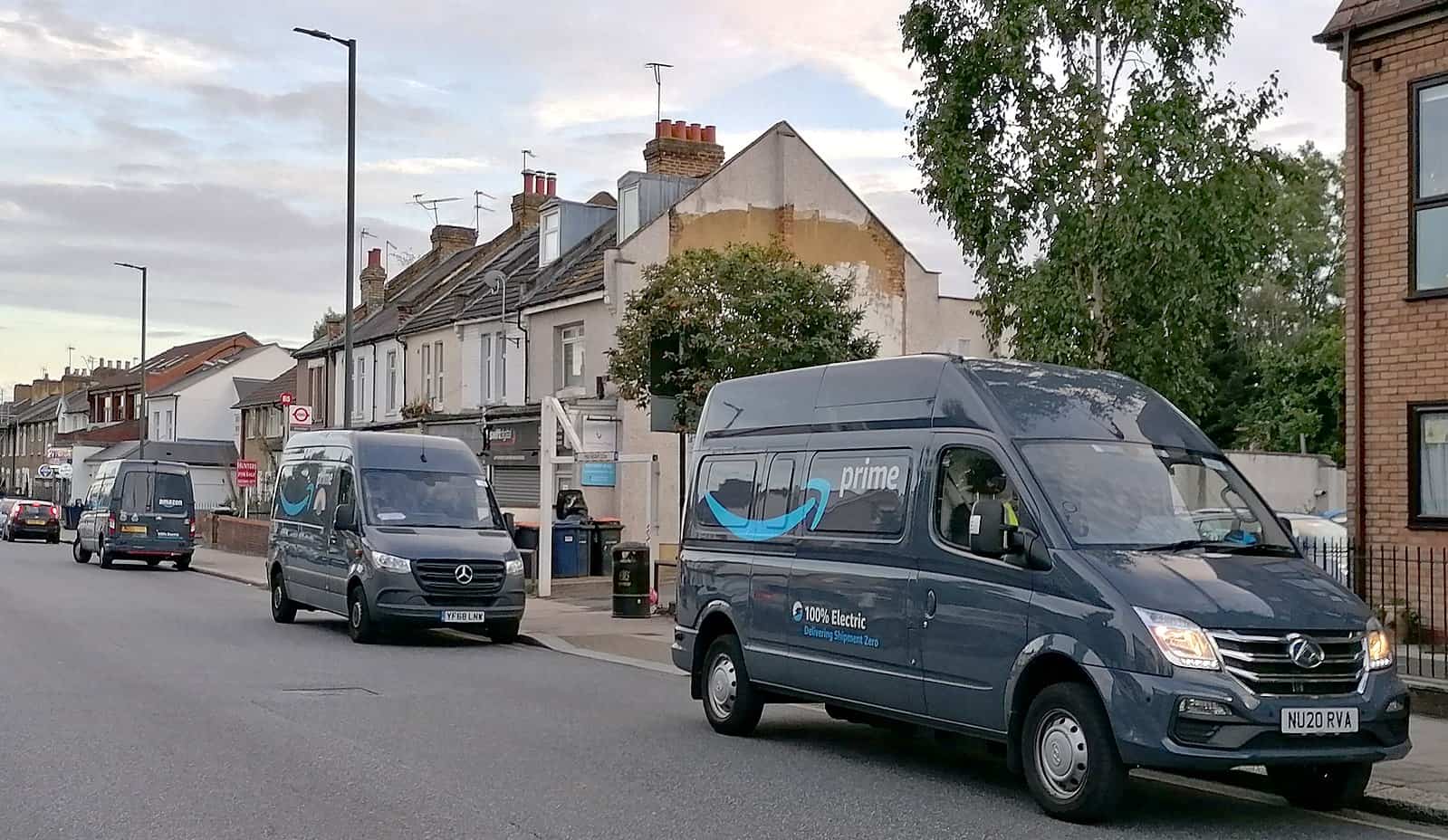
Holt McKeithan is a student at Harvard Law School.
In today’s News and Commentary, the NLRB alleges Amazon is a joint-employer of subcontracted drivers and committed unfair labor practices, Shawn Fain threatens a Stellantis strike at the DNC, and Canada intervenes in a railway labor dispute.
The NLRB general counsel alleged that Amazon is the legal employer of subcontracted drivers. The company has treated its drivers as independent contractors and refused to negotiate after the drivers organized with the Teamsters. Amazon claims that refusal is legal because the drivers are not its employees, rather they are employed by small companies called delivery service partners with whom Amazon contracts. Amazon stringently regulates those drivers by imposing rules about drivers’ appearances, drug testing, and social media posts. The NRLB complaint rejects Amazon’s efforts to avoid labor laws by classifying workers who perform critical functions for it as contractors. It and other large technology companies like Uber and Lyft have taken this route.
UAW president Shawn Fain threatened to strike Stellantis during his speech at the Democratic National Convention. The union’s primary gripe with the automaker is over a promise to reopen an assembly plant in Belvidere, Illinois. Stellantis agreed to reopen the factory in contract negotiations last fall following after a six-week strike. “Stellantis must keep the promises they made to America in our union contract. The UAW will take whatever action necessary at Stellantis or any other corporation to stand up and hold corporate America accountable. . . If they go back on this, what else can they go back on?” said Fain. Stellantis notified the UAW of plans to delay reopening of the Belvidere plant, but says it stands by its commitment.
Per Divya’s post yesterday, two Canadian railways are in the middle of labor negotiations with serious implications for the Canadian and American economies. The government intervened yesterday to stop lock-outs. The country’s Labour Minister petitioned the Canadian Industrial Relations Board to issue a back-to-work order and require the parties to enter binding arbitration. Both sides are preparing to return to work. The union’s primary concern in labor negotiations is securing scheduling improvements for workers, who are motivated by fatigue-induced safety issues.






Daily News & Commentary
Start your day with our roundup of the latest labor developments. See all
January 7
Wilcox requests en banc review at DC Circuit; 9th Circuit rules that ministry can consider sexual orientation in hiring decisions
January 5
Minor league hockey players strike and win new deal; Hochul endorses no tax on tips; Trump administration drops appeal concerning layoffs.
December 22
Worker-friendly legislation enacted in New York; UW Professor wins free speech case; Trucking company ordered to pay $23 million to Teamsters.
December 21
Argentine unions march against labor law reform; WNBA players vote to authorize a strike; and the NLRB prepares to clear its backlog.
December 19
Labor law professors file an amici curiae and the NLRB regains quorum.
December 18
New Jersey adopts disparate impact rules; Teamsters oppose railroad merger; court pauses more shutdown layoffs.